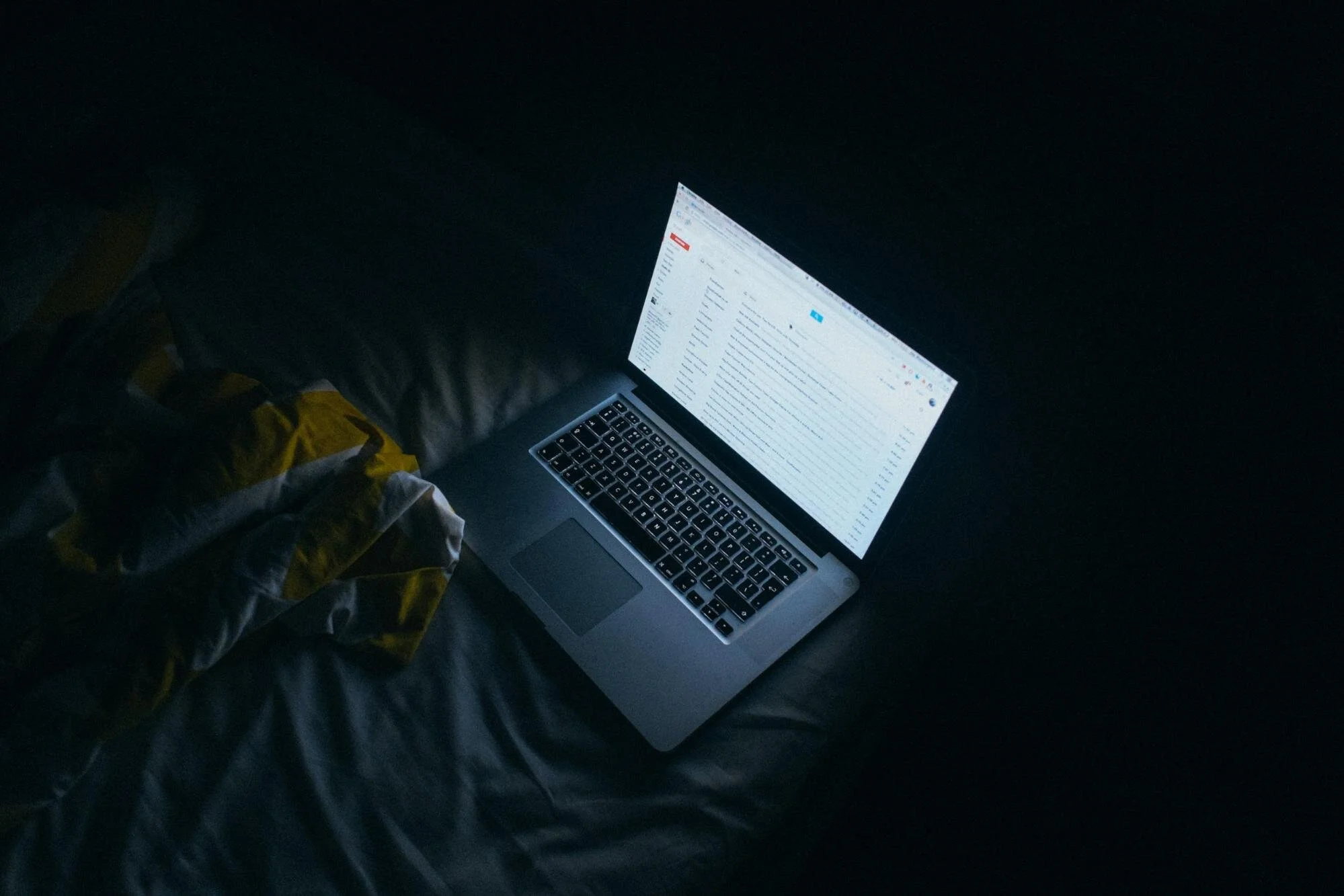The Importance of Sleep
Sleep is vitally important. Most people don’t realize the impact sleep deprivation has on our bodies. This is especially true when coping with big life changes, where uncertainty and the unfamiliar inevitably increase stress levels. If you won’t sleep, you will die — this isn’t said to scare you, it’s a fact! Getting quality sleep helps your mental health, physical health and quality of life.
There are psychological and physiological consequences that speak to the importance of sleep. Below are some daily indicators:
Reduced physical strength
Inability to concentrate
Weakened immune system
People ignore these early indicators and may only realize the negative impact of sleep deprivation when they have gone too far, presented by indicators such as:
Increased risk for depression
Severe mood swings
Hallucinations
“In an academic and professional environment we are told to always push forward. High functioning individuals, who are highly motivated and want to work, are motivated to work. Sometimes that passion can translate into poor self-care. We do get these messages that we have to suffer through to be at least perceived as successful or even something internally feeling as if you are gaining some progress,” said Dr. Trina Brown, Teaching and Research Psychologist at Savannah College of Art and Design.
It has become part of the culture to always push forward and work as hard as you can, for as long as you can. This mindset completely disregards the importance of sleep.
“We have so many demands, in terms of our schedule, that people wait until the end of the day to get their sleep all at once and that might not be ideal,” said Dr. Trina Brown.
Scientists have different opinions on the matter of which sleep cycle is better for productivity and health.
Dr. Alon Avidan at Sleep Disorder Center at the University of California believes polyphasic sleep to be dangerous for our health. He considers biphasic sleep to be the most beneficial.
Biphasic sleep is when people sleep during the night, wake up early and take a 1-2 hour nap in the afternoon, which can release some of the sleep pressure. On the other hand, polyphasic sleep is when people sleep between 90-6 hours during the night and take many 20 minutes naps during the day. If the quality of your sleep is poor, then sleeping long hours won’t have any benefits.
A few lifestyle modifications are the most reliable way to sleep better. “Dedicating an area for sleep, setting an appropriate environment whether that’s with lighting or sound and really dedicating this time period. Making a commitment to sleep even if it’s only 4/6 hours at a specific time period, may help with our habit to sleep as well,” said Dr. Trina Brown. Stick to a regular bedtime and sleep ritual. Your bedroom should be as comfortable as possible so you can relax and unwind.
How has your sleep cycle changed and what have you tried to make it better?


